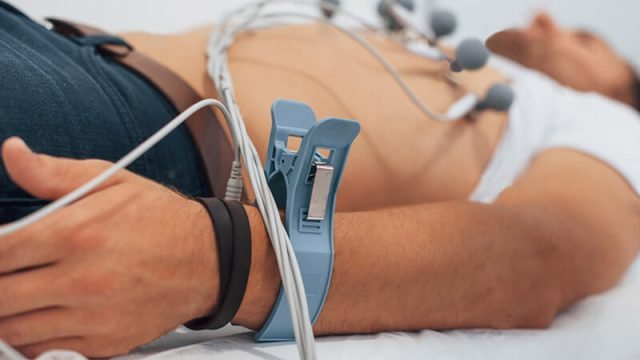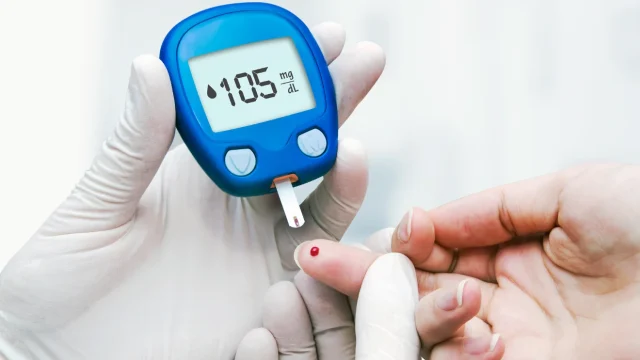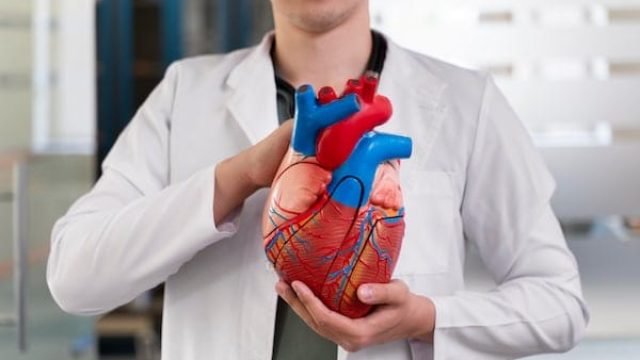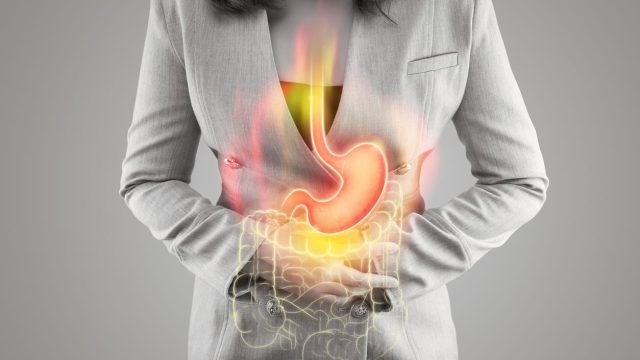Kidney problems: Symptoms to watch out
Many people suffer from undetected kidney problems. Also, Kidney problems and symptoms can be wrongly diagnosed. They can also overlap with other diseases, making them difficult to spot. Additionally, chronic Kidney disease symptoms can be subtle, and listed below are the most crucial symptoms, that can help diagnose the disease and should not be ignored.
Common symptoms of kidney problems
Fatigue
The kidney produces erythropoietin, which enables the body to produce oxygen-carrying red blood cells. When the kidneys are not functioning optimally, the production of EPO cells decreases. Thus making the person feel fatigued and tiring the brain and the muscles. Thus anemia develops. This can be diagnosed by the best neurologist doctor and at other locations.
Chills
People with anemia feel cold and chilled, even if the temperature is warm. Without the essential oxygen in the blood, the body is unable to regulate body temperatures. Consequently, the person gets chills and feels cold. So, chills are not just a sign of anemia but also kidney disease.
Breathlessness and dizzy spells
Without the essential oxygen content in the blood, breathlessness and dizzy spells are common. The brain requires a constant supply of oxygen to function optimally, without which feelings of nausea and weakness are normal and a neurologist and at other locations should be consulted immediately.
Confusion and itchiness
Confusion, memory loss, and issue with focus and concentration are normal reactions to reduced oxygen supply to the brain. Another factor to remember is that the kidney filters all the toxic materials and impurities from the body, and when the kidney fails to do so, the build-up of impurities can cause severe itching.
Fluid retention
Kidneys also regulate the amount of fluid in the body; kidney malfunction often leads to fluid retention in the blood, making the arms, face, and legs, swell up, with excess fluids.
Ammonia breaths with a metallic taste
Without the regular filtration process, uremia build-up can cause bad breath and leave an unpleasant metallic taste in the mouth.
Urine
The color of the urine will change to foamy or bubbly urine, due to excess protein content; severe cases can also have blood in the urine, making it appear darker, brown, red, or purple, depending on how much blood is present.
The above-mentioned symptoms will be accompanied by pain, while passing urine, with extra pressure while passing, and should not be ignored.











